Clinical Epidemiology of Early Cancer Detection
- Epidemiology, Public Health, Prevention and Survivorship

Dr. Sigrid Carlsson
Head of Division
The Clinical Epidemiology of Early Cancer Detection Division’s main areas of research include clinical cancer epidemiology, epidemiology of chronic age-related diseases and epidemiological methods.
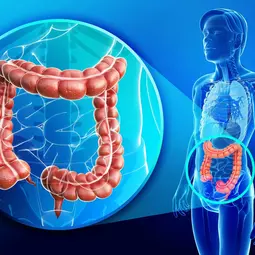
Our Research
We conduct population-based research to improve cancer prevention, early detection and long-term outcomes. A central focus is the development and evaluation of risk stratified screening strategies that tailor screening, diagnostic intensity and follow-up to individual risk profiles.
Colorectal and prostate cancer are major focus areas of the division. In colorectal cancer, we study screening strategies, participation, implementation and downstream outcomes to inform organized population-based programs. In prostate cancer, our research similarly spans the entire pathway from risk assessment and screening to diagnosis, treatment decisions and long-term outcomes, with particular emphasis on reducing overdiagnosis and overtreatment while maintaining favorable outcomes and quality-of-life.
The division also conducts early detection and outcomes research in breast cancer, lung cancer and other malignancies, and addresses multi-cancer early detection approaches. In parallel, we carry out epidemiological studies of chronic age-related diseases, reflecting the growing importance of multimorbidity and functional outcomes in aging populations.
Our research is anchored in large prospective population-based cohort studies with long-term follow-up, enriched with clinical data, questionnaires, and molecular and biomarker measurements including tumor heterogeneity research. We work in close collaboration with clinical partners, basic scientists and cancer registries, enabling translational research across the full continuum from risk assessment to population-level implementation.
We conduct observational studies, randomized controlled trials and use advanced epidemiologic and biostatistical methods, with direct implications for health policy, guideline development and implementation.
Our Projects

Epidemiologic study assessing chances of prevention and early detection of various chronic diseases including cancer among older adults
Part I
Population-based longitudinal study including about 10,000 older adults
(PI: Prof. Dr. Ben Schöttker)
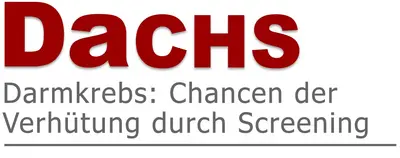
Population-based case-control study on changes of prevention in colorectal cancer by endoscopic screening examinations
(PI: Prof. Dr. Michael Hoffmeister)

The PEARL study is a large, nationwide study from Germany that specifically investigates the risk factors of colorectal cancer in the age group below 50 years.
(PI: Prof. Dr. Michael Hoffmeister)

Accompanying evaluation of innovative tests for early detection of colorectal cancer
(PI: Prof. Dr. Michael Hoffmeister)

The aim of the study is a detailed tattoo exposure assessment in the NAKO to estimate potential tattoo-related long-term health risks, in particular the risk of lymphoma and skin cancer.
(PI: Dr. Lena Koch-Gallenkamp)
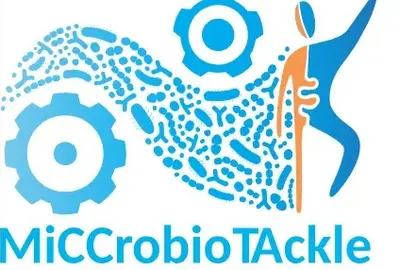
Advancing Research at the Intersection Between Gut Microbiota and Cancer Cachexia to Train Europe’s Future Leaders in Microbiota Medicine
(PI: Prof. Dr. Michael Hoffmeister)

Longitudinal study with follow-up of about 10,000 patients undergoing screening colonoscopy for up to 15 years.
(PI: Prof. Dr. Michael Hoffmeister)

Personalized Vitamin D Supplementation for Reducing or Preventing Fatique and Enhancing Quality of Life of Patients with Colorectal Tumor: Randomized Intervention Trial.

MIRANDA study (German name: “Mit dabei: Reha nach Darmkrebs”)
(PI: Prof. Dr. Ben Schöttker)
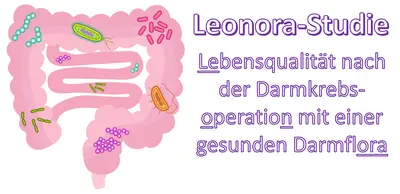
Lower gastrointestinal symptom burden by prophylaxis with synbiotics after colorectal cancer surgery (LEONORA)
(PI: Prof. Dr. Ben Schöttker)

The DKFZ and the Saarländischen Ministerium für Arbeit, Soziales, Frauen und Gesundheit are hosting the NAKO study center Saarbrücken (PI: Prof. Hermann Brenner/ Prof, Ute Mons, CO-PI: PD Bernd Holleczek).
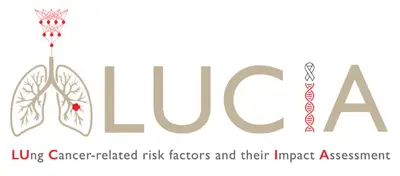
Lung Cancer-related risk factors and their Impact Assessment
(PI: Prof. Dr. Ben Schöttker)
The aim of MOCCA ist to exmaine gender-specific differences in colorectal cancer screening
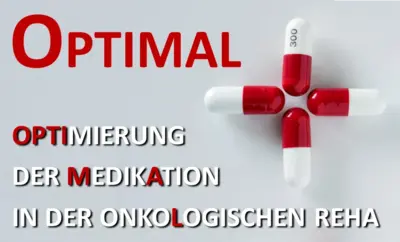
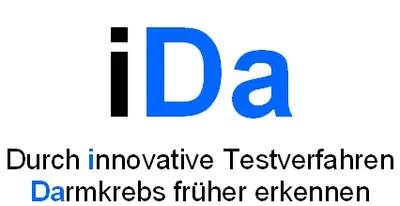
Detecting colon cancer earlier through innovative testing procedures
(PI: Prof. Dr. Michael Hoffmeister)
Selected Publications
Brenner H, Heisser T, Cardoso R, Hoffmeister M
Cardoso R, Guo F, Heisser T, ..., Ryzhov A, Hoffmeister M, Brenner H.
Heisser T, Peng L, Weigl K, Hoffmeister M, Brenner H.
Brenner H, Calderazzo S, Seufferlein T, Ludwig L, Dikopoulos N, Mangold J, Böck W, Stolz T, Eisenbach T, Block T, Kopp-Schneider A, Czock D, Tikk K.
Awards
2025
H.Brenner, M. Hoffmeister, T. Heißer, I. Ola, D. Sergeev, T. Seum, Darmkrebs-Präventionspreis der Stiftung Lebensblicke
Downloads
On this page we provide resources for download that have been developed by members of our divison or that we refer to in publications.
Get in touch with us

Evelyn Nizik
SecretaryPostal address:

